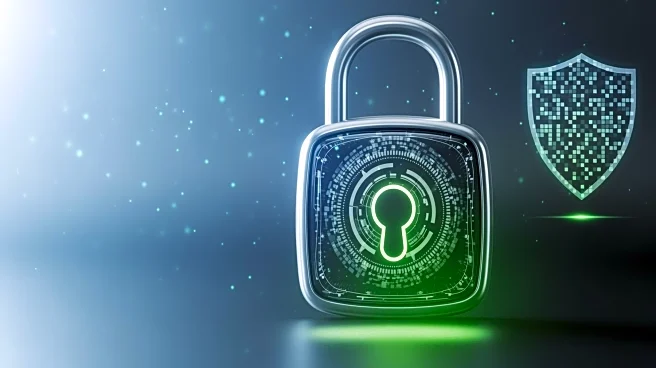What's Happening?
Nintendo has responded to claims by the hacking group Crimson Collective that its servers were breached, stating that no development or business information was compromised. The breach reportedly involved servers hosting Nintendo's websites, and the company
has not confirmed any leak of personal information. This comes amid ongoing issues related to the Pokémon Teraleak, where development details from Game Freak's servers were leaked last year. Despite efforts to track down those responsible for the Teraleak, further details have emerged online, including a roadmap of Pokémon game releases until 2030, coinciding with the launch of Pokémon Legends: Z-A.
Why It's Important?
The breach highlights the vulnerabilities in digital security faced by major companies like Nintendo, which can have significant implications for intellectual property protection and consumer trust. The Pokémon Teraleak, in particular, underscores the challenges in safeguarding sensitive development information, which can impact market strategies and competitive advantage. The spread of leaked details can affect the timing and marketing of future game releases, potentially influencing consumer expectations and industry dynamics. Companies like Nintendo must navigate these security challenges while maintaining their reputation and protecting their assets.
What's Next?
Nintendo and The Pokémon Company may continue their efforts to identify and address the sources of these leaks, potentially involving legal action or enhanced security measures. The ongoing dissemination of leaked information could prompt further scrutiny and pressure from stakeholders, including investors and consumers, demanding accountability and transparency. As the gaming industry evolves, companies may need to invest in more robust cybersecurity protocols to prevent future breaches and protect their intellectual property.
Beyond the Headlines
The ethical and legal dimensions of hacking and information leaks in the gaming industry raise questions about privacy, intellectual property rights, and the responsibilities of companies to protect their data. The incident may lead to broader discussions on the balance between transparency and security, as well as the role of digital platforms in facilitating or mitigating such breaches.















